SA’s voice to parliament ‘to block road to nuclear’
With SA having shelved plans for low-level radioactive waste storage due to Indigenous litigation, Libs warn of new tiers of delay to projects.
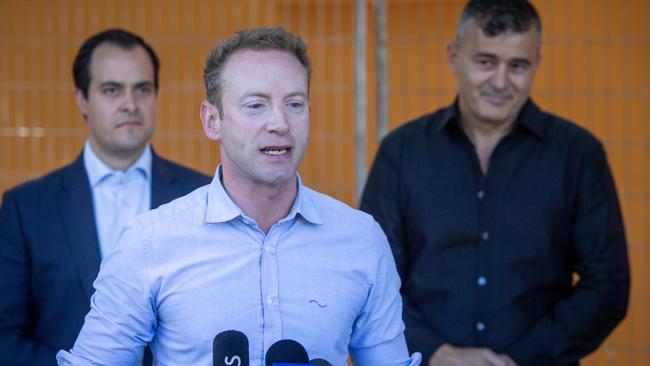
South Australia’s key role in the development of any national nuclear industry is under threat because the state has Australia’s only voice to parliament, Opposition Leader David Speirs has warned.
With SA having already shelved plans for low-level radioactive waste storage in the remote town of Kimba due to Indigenous litigation, the state Liberals are warning the voice risks becoming “a lawyers’ picnic” that could add new tiers of delay and obstruction to getting projects off the ground.
Federal Opposition Leader Peter Dutton this month flagged Port Augusta as a possible site for a nuclear reactor, and SA has also been mooted as a possible or even probable location for the high-level waste Australia is required to take from the nuclear submarines under the terms of the AUKUS agreement.
Mr Speirs said Indigenous communities had already shown hostility to allowing any aspect of the nuclear fuel cycle and that the voice risked becoming a new vehicle to fight any projects.
He confirmed that, if elected, an SA Liberal government would amend or even repeal the voice legislation if it proves to be a brake on investment and jobs.
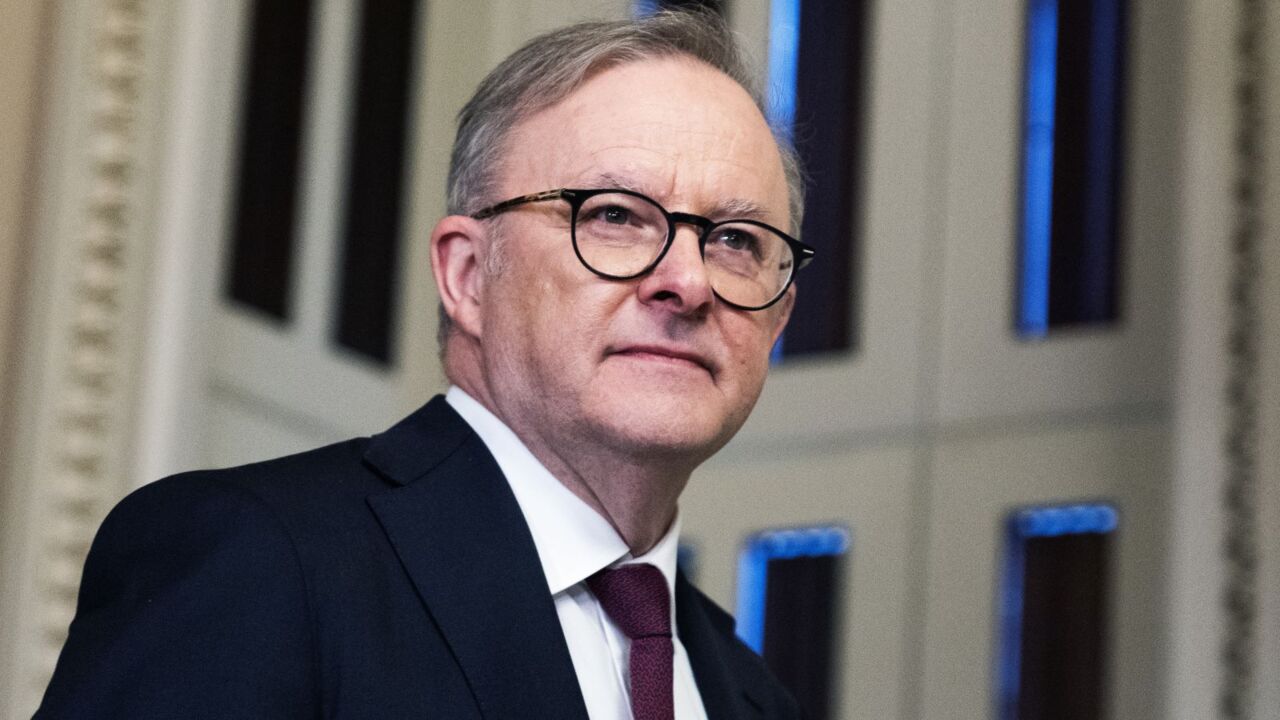
The claims have been dismissed by Attorney-General Kyam Maher, who said voters would finally get their chance to see how a voice can play a limited advisory role with no power to coerce the parliament on anything.
He also said the SA voice was different from the proposed national voice in that it was legislated and required no change to the state’s constitution.
With the Yes vote having crashed at last year’s referendum – and despite SA delivering the second-highest No vote in Australia at 64.5 per cent – voting will conclude in Adelaide on Saturday for the final round of delegates to the 46-member SA voice.
Early and remote voting has been under way in outback and regional centres for the past fortnight, with 113 candidates running to fill 46 positions on the state’s six local voices, the presiding officers of which will make up the state voice to parliament.
The winners will be announced in late March and an induction process will follow in April, conducted by staff from what Mr Maher describes as a “very small” voice secretariat, funded out of the $10m taxpayer allocation to pay for the first four years of the SA voice.
While the voice has been welcomed by most of SA’s Indigenous groups, the small Mirning community in the state’s west hit out this week, saying the local voice’s delegate structure was dominated by bigger communities. The opposition also described the roll-call of candidates as disappointing, with just 113 nominees.
Mr Maher said that as a percentage of the population, SA’s Indigenous population had shown itself more interested in the voice than voters normally were at a statewide election. “At the 2022 election there were 47 seats in the lower house of the SA parliament, which is very comparable to the 46 people elected to the voice,” he said.
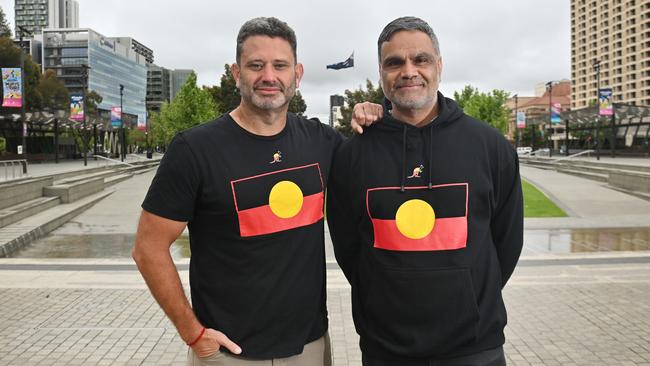
Mr Speirs said what mattered more about the SA voice was not its composition but its capacity to slow or influence the workings of government.
He cited the role of the Barngarla people on the West Coast through the Barngarla Determination Aboriginal Corporation in blocking the Kimba waste dump, and now also announcing plans to oppose a desalination plant at Port Lincoln. Adelaide’s Advertiser reported last month that the BDAC has become Australia’s first billionaire Aboriginal corporation, reaping revenue from renewable energy, green iron and water supply projects.
Mr Speirs – who served as environment minister in the Marshall government – cited the desal plant as the exact kind of project that could be targeted through the mechanism of the SA voice.
“There wouldn’t be a week goes past where I don’t have a mining or resources company come to me to tell me a horror story around their interactions with traditional owners,” he said.
“It’s a lawyers’ picnic. I think very few of the traditional owners themselves are even involved, it’s more inner-city lawyers who are making a hell of a lot of money out of our traditional owners. I am very concerned about what the voice could do to frustrate economic development.
“You only need to look at the activities of the Barngala people who have now put in a protest against one of my projects, the Port Lincoln desalination plant.”
Mr Speirs said Indigenous hostility to the nuclear industry – fuelled by the legacy of the testing at Maralinga in the 1950s – could gain a stronger foothold with regional voice delegates already opposed to any nuclear industry.
“The voice could become an issue to do with anything to do with the nuclear fuel cycle,” he said. “I know a lot of it is historic, but it is also given modern-day context because there seems to be strong anti-nuclear sentiment within Aboriginal communities. It could well be lingering pain from Maralinga, and I understand that, but you have got to recognise the modern-day imperatives as well. You cannot be against every possible nuclear fuel cycle initiative based on a painful set of historic episodes. We also have a situation where we will have to put waste from our nuclear submarines somewhere, and that’s high-level waste.”
Mr Maher insisted that such claims would prove fanciful when the SA voice was up and running – likely in the second half of next year – and its limited advisory role became plain to see.
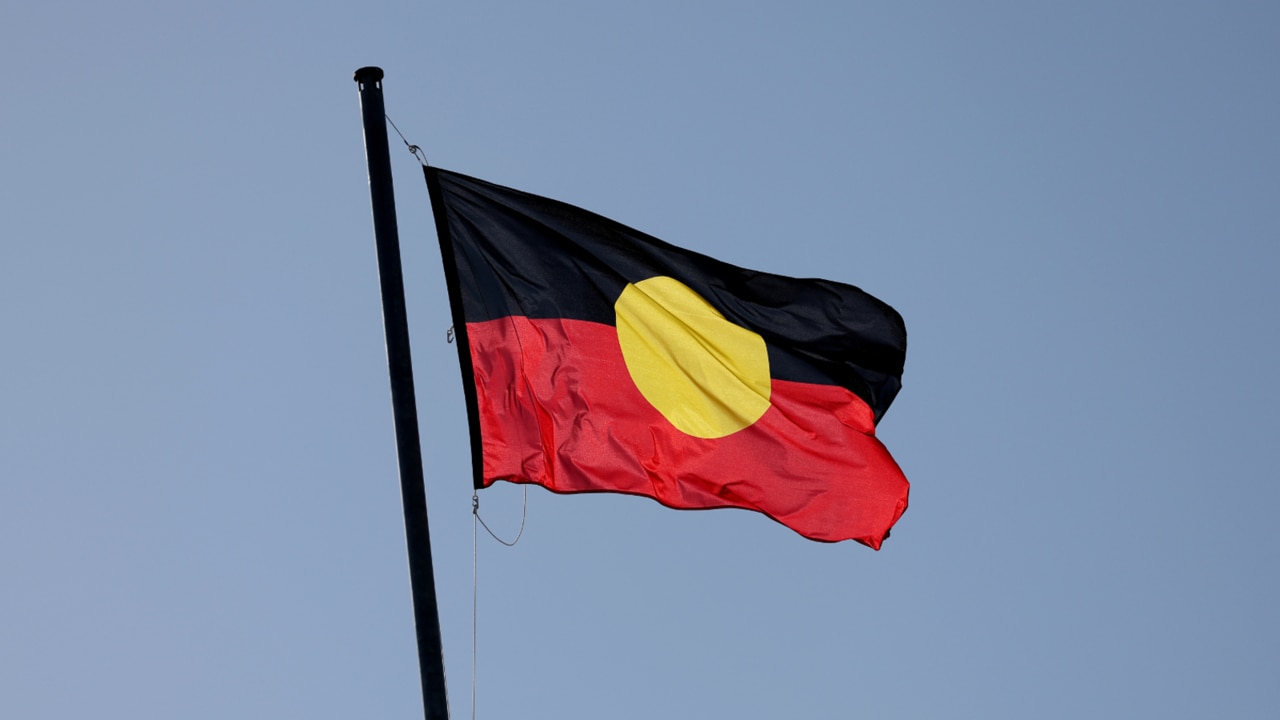
He also rejected suggestions that the overwhelming rejection of the national voice meant the SA Government should have paused or abandoned the rollout of the State voice, which was a pre-election promise by Peter Malinauskas ahead of his 2022 victory, the enabling legislation passed months before the referendum took place.
“They really were two very different propositions,” Mr Maher told Inquirer.
“In the referendum even people like David Speirs and Peter Dutton reflected on what we legislated as being a very different proposition. We are not doing something by a referendum which can only be changed by a referendum. The way we have set it up is as a series of local voices, from six different regions across SA, and then also a statewide voice made up of the presiding officers of the local voices. Even Liberals like Peter Dutton and David Speirs said they didn’t have a problem with that.”
“So it is a very, very different model. And since the referendum when I have talked to people about what we are doing in SA, it is usually only a couple of minute conversation when I explain that it is only giving advice to government. It can’t change anything, can’t stop anything. And people say: ‘Well, that makes sense what you’re doing in SA’.
“There are provisions that make it very very clear that the voice cannot stop governments making decisions. It can’t tie government down. We as a parliament passed legislation that very specifically says it cannot do that. What it will result in hopefully is better laws that achieve better results based on advice.”
Mr Speirs says he is yet to be convinced, and surprised the government continued with the project after last year’s resounding vote, in a state where the highest no vote recorded nationally was in the blue-collar seat of Spence in SA Labor’s northern suburbs heartland.
“It’s either a misreading of the public mood or it’s just arrogance,” Mr Speirs said.
“Our position as a party is that we will keep an eye on it, and are significantly open to heavily amending it or repealing it should it not be working.”
“I am sure that if Labor could turn back the clock and not go as quickly as they with it, they would. They would never admit that though, and how could they. They are left holding this baby and they probably have their fingers and toes crossed hoping it works.”




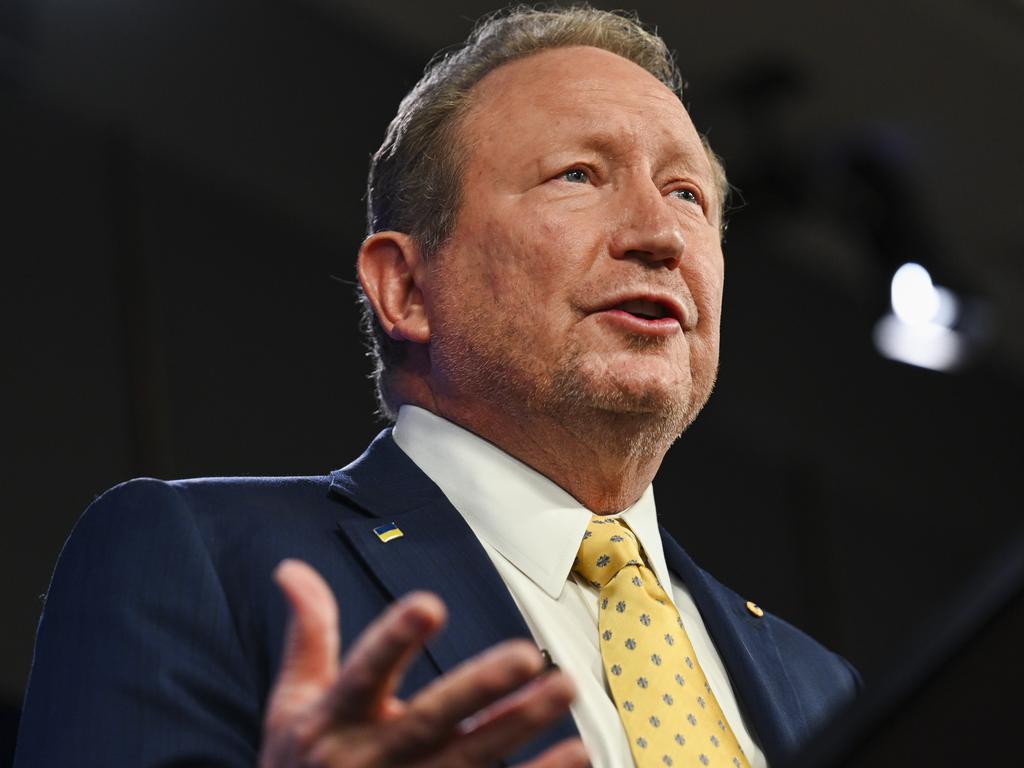
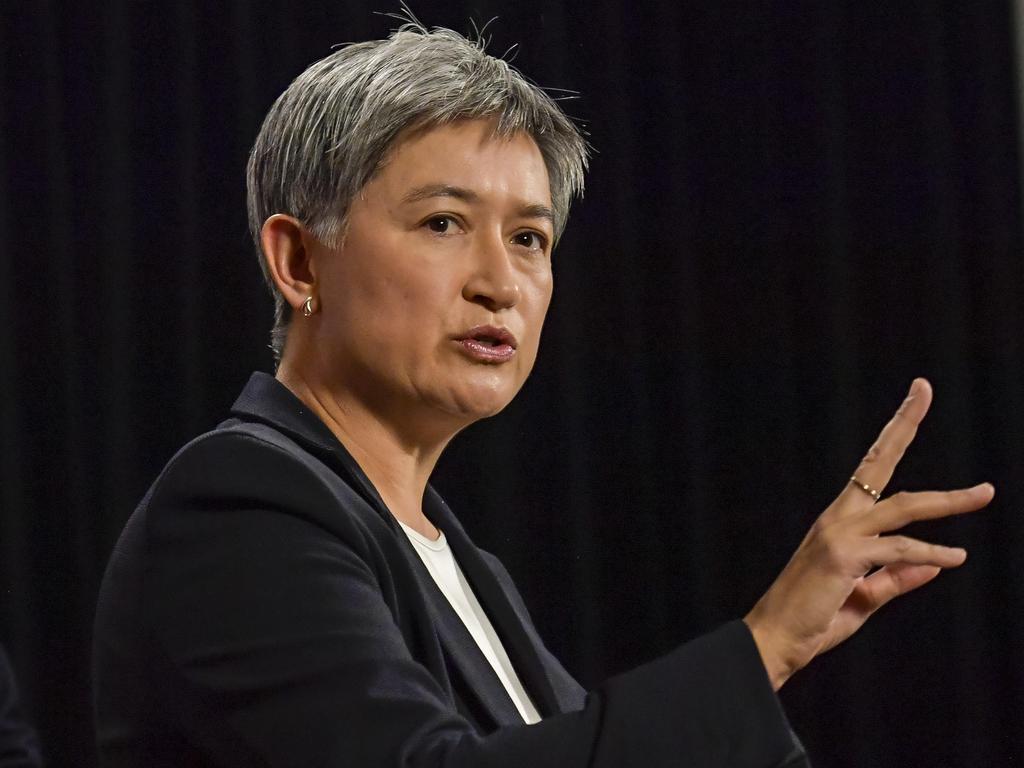
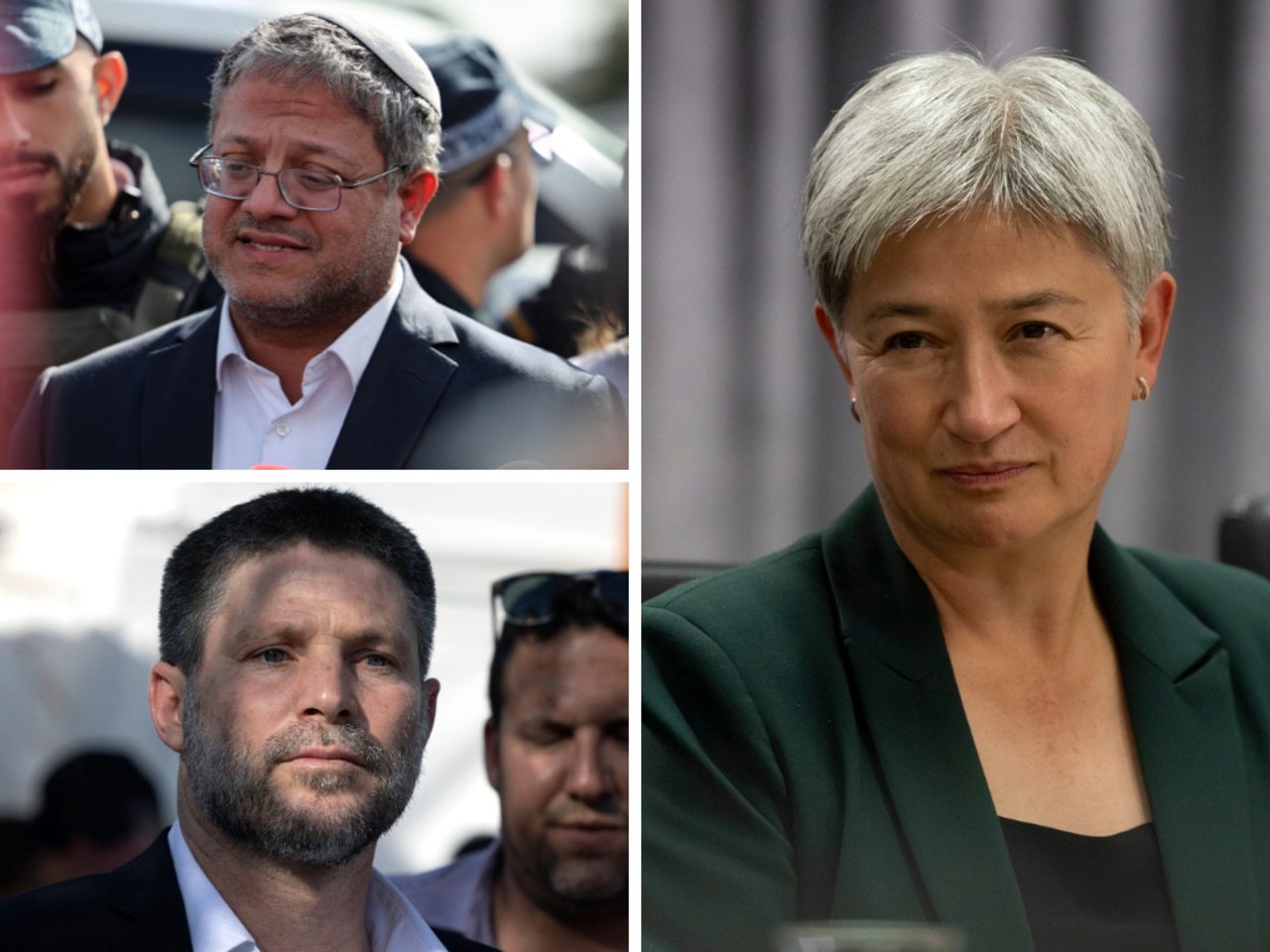

To join the conversation, please log in. Don't have an account? Register
Join the conversation, you are commenting as Logout